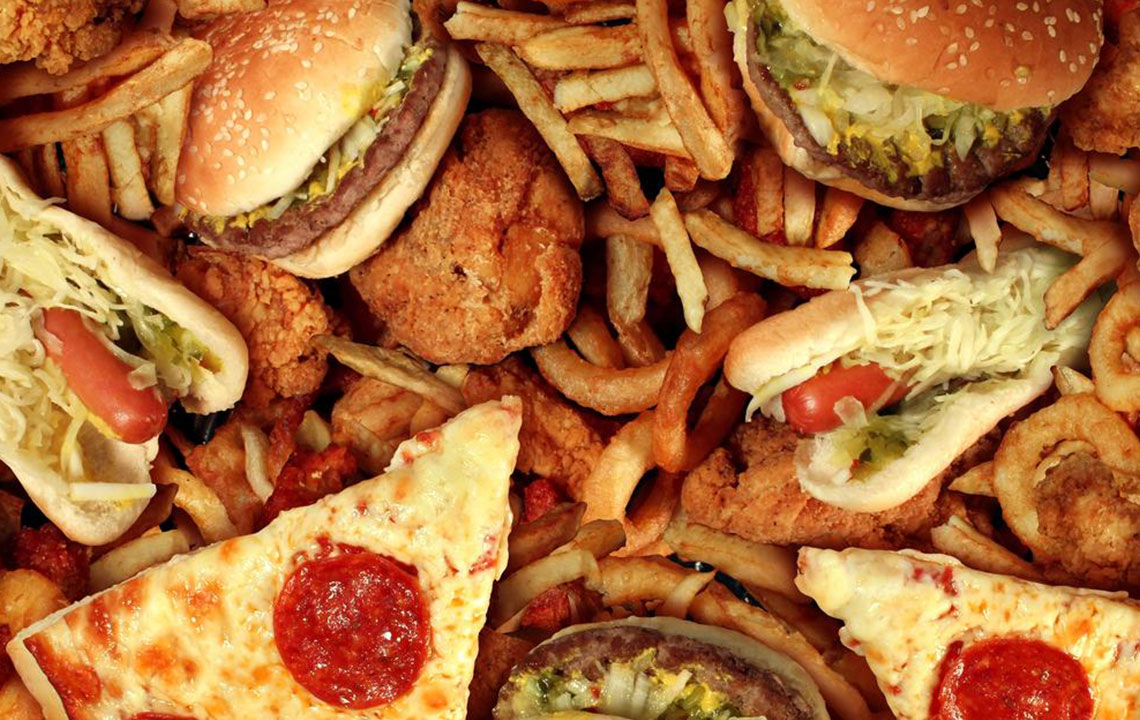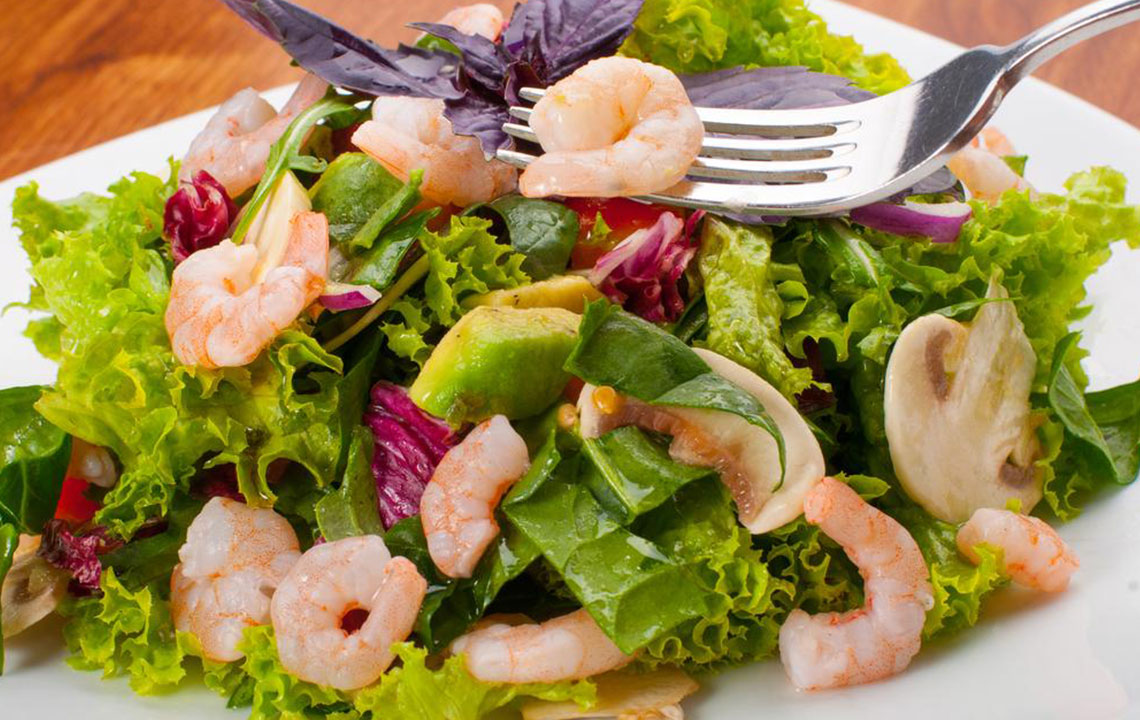Dietary Items to Steer Clear of When Managing Acid Reflux
Learn about key foods to avoid when managing acid reflux to reduce symptoms and improve digestion. This guide highlights dietary choices such as avoiding spicy, fried, and acidic foods, and emphasizes personalized approaches for symptom relief. Implementing these dietary tips can help control GERD and promote better digestive health with guidance from healthcare professionals.

Foods to Avoid for People with Acid Reflux
Acid reflux is a common digestive disorder that occurs when stomach acid flows back into the esophagus. This condition is often caused by a weakened or malfunctioning lower esophageal sphincter (LES), which normally prevents acid from escaping the stomach. Lifestyle choices and dietary habits play a significant role in triggering or alleviating symptoms. Recognizing and avoiding specific foods can help manage this condition effectively. Common signs include heartburn, a burning sensation in the chest, bloating, belching, and sore throat.
Different individuals may have unique food sensitivities that exacerbate their reflux symptoms. Therefore, keeping a food diary to track what aggravates your condition is essential. Consulting with a healthcare professional for personalized dietary advice is highly recommended. Eliminating certain foods from your diet can significantly reduce reflux episodes and improve quality of life.
Below are foods to minimize or avoid to prevent worsening acid reflux:
Chamomile or mint: These may relax the LES, allowing acid to escape into the esophagus. Instead, consider ginger, which is natural and reduces nausea and heartburn.
Acidic fruits like citrus and tomatoes: These contain high acid levels that trigger reflux. Opt for non-acidic fruits such as bananas, apples, berries, and melons.
Fried and greasy foods: These are high in fats and can delay digestion, leading to increased reflux. Grilled or baked foods are healthier alternatives.
High-fat meats: Fatty cuts of beef and pork should be limited. Choose lean meats like chicken or turkey, and opt for low-fat versions of your preferred meats.
Caffeinated drinks and sodas: Coffee and soda relax the LES and contain high acidity. Limit caffeine intake and dilute sodas with water if consumed.
Alcohol: Especially beer and wine, which weaken the LES and promote acid leakage. Reducing or abstaining from alcohol can lessen symptoms.
Chocolate: Contains caffeine and fats, both of which can worsen reflux. Consider healthier sweet options instead.
High-fat dairy products: Full-fat cheeses, cream, and other rich dairy items can increase acid production. Pick low-fat or fat-free alternatives like cottage cheese or skim milk.
Making these dietary changes can help manage acid reflux effectively. Always seek professional medical guidance to tailor your diet to your specific needs.
Note:
Our blog provides valuable insights across various health topics based on research. However, it is important to consult healthcare providers for personalized advice. We do not take responsibility for discrepancies or inaccuracies from other sources and acknowledge that certain offers or schemes may vary. Use our information as a guide for informed decision-making.










